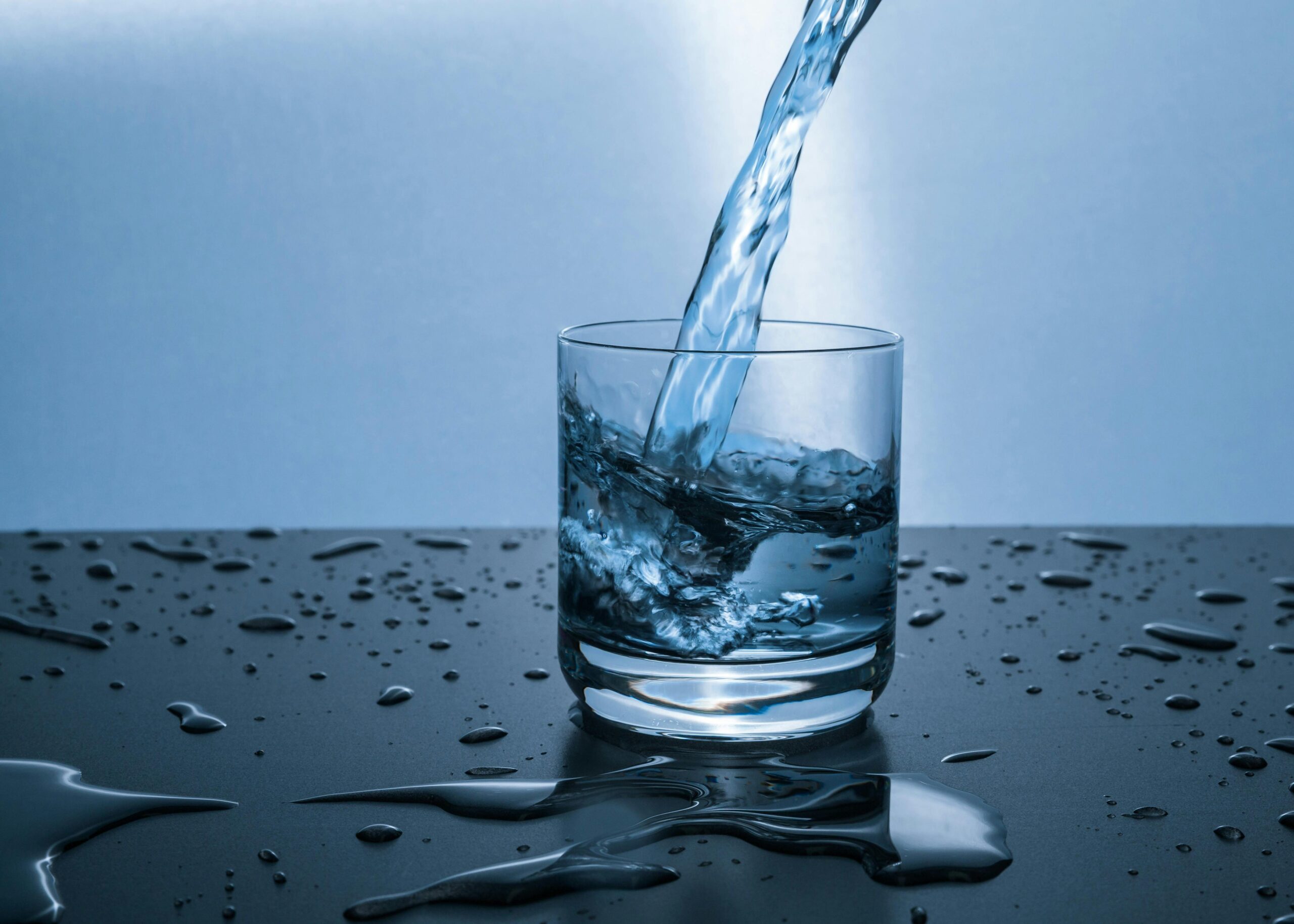(770) 410-0202
The Impact of Hydration on Throat Health

Hydration plays a vital role in maintaining bodily functions. Every cell, tissue, and organ relies on water to function correctly. The throat, part of the body’s intricate system, also benefits immensely from being well-hydrated. Proper hydration keeps the throat moist, allowing it to function smoothly and reducing discomfort.
Water is vital for keeping the throat tissue hydrated and healthy. A well-hydrated throat can effectively fend off infections and lessen the discomfort caused by coughing or soreness. Drinking enough water promotes mucus production, which acts as a protective barrier against germs and irritants.
Benefits of Staying Hydrated for Throat Health
Reduces Throat Irritation
Staying hydrated helps keep the throat moist. A moist throat feels more comfortable and is less likely to become irritated. Irritation can cause pain and make swallowing difficult, impacting daily activities and overall quality of life.
Supports Vocal Health
Hydrated vocal cords function better. Proper hydration is especially important for those who rely on their voice for work or hobbies, such as teachers, singers, or public speakers. Drinking enough water can help maintain vocal strength and prevent voice strain.
When experiencing a sore throat due to a cold, flu, or other illness, hydration can aid in recovery. Drinking plenty of fluids helps soothe a sore throat and speeds up healing by keeping the affected tissues moist and flushing out toxins.
Tips for Staying Hydrated
Drink Water Regularly
Drinking water regularly throughout the day is the simplest way to stay hydrated. Drinking at least eight 8-ounce glasses of water daily is recommended, but individual needs can vary based on activity level and body size.
Water-rich Foods
Incorporating water-rich foods into a diet can also contribute to hydration. Fruits and vegetables like watermelon, cucumber, oranges, and strawberries have high water content, helping to keep the body hydrated while providing essential nutrients.
Limit Dehydrating Beverages
Caffeine and alcohol can dehydrate the body. While enjoying these beverages in moderation is fine, it’s important to counteract their dehydrating effects by drinking extra water.
Signs of Dehydration
Recognizing the signs of dehydration helps take timely action to rehydrate. Common signs include:
- Dry mouth or throat
- Fatigue
- Dark-colored urine
- Dizziness or light-headedness
- Dry skin
Hydration and Throat Health During Exercise
Exercising increases the need for hydration, as the body loses water through sweat. Ensuring adequate water intake before, during, and after physical activity helps maintain throat health and overall hydration. Keeping a water bottle handy during workouts can encourage regular water intake.
Seasonal Considerations
Seasonal changes can affect hydration needs. During hot weather, the body loses more water through sweat, increasing the need for fluids. Conversely, the dry air in winter can lead to dehydration and a dry throat. Staying mindful of these seasonal factors helps maintain proper hydration year-round.


